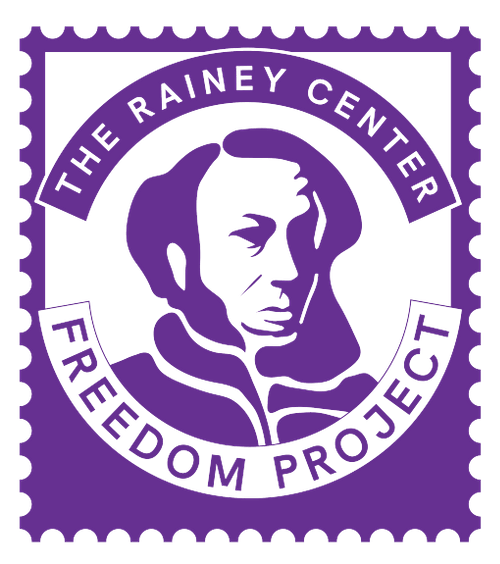
To: Chairman Wilson, Vice-chair Lang, Ranking Member Craig, and members of the Senate Financial Institutions, Insurance, and Technology Committee
From: The Rainey Center Freedom Project
Re: Legislative Analysis & Recommendations on SB 167 and SB 175
Chairman Wilson, Vice-chair Lang, Ranking Member Craig, and members of the Senate Financial Institutions, Insurance, and Technology Committee,
On behalf of Rainey Freedom Project (RFP), an organization that is committed to advancing equality and freedom, I write to comment on Ohio’s SB 167 and SB 175 relating to app store policies.
1. We Strongly Support the Protection of Minors Online
RFP shares a commitment to ensuring that minors can experience the benefits of online communities without being exposed to content or practices that might harm their wellbeing. We wholeheartedly endorse the legislature’s goal of preventing exploitative or harmful features that target minors. We believe that focusing on the app store adds a crucial layer of protection for minors and a level playing field for companies. However, it is important to pursue the most effective legislation to protect minors. While SB 167 achieves this goal, SB 175 would not, requiring only attestation, not verification and creating a patchwork of ineffective legislation.
2. Recent Industry Actions That Benefit Minors
We appreciate that many social media platforms have voluntarily implemented robust measures to protect minors:
Taken together, these measures show that many platforms are actively partnering with families and policymakers to foster a safer environment for young users.
3. Praise for SB 167
We recognize the crucial impetus behind SB 167 and want to highlight why we believe this approach will be most effective at advancing the twin goals of protecting minors online and advancing innovation. The bill ensures that parents control what applications children have access to and verify age when apps are downloaded.
4. Concerns about SB 175
We also write to raise concerns about SB 175, a similar, but flawed legislation. While we appreciate the enthusiasm of lawmakers to protect minors, SB 175 does not achieve this result as effectively as SB 167. SB 175 makes it optional to estimate users’ ages–only requiring verification when a user challenges their classification as a minor. SB 175 includes duplicative voluntary age assurance creating an unconstitutional mechanism that has already been enjoined by the Courts in Ohio.
4. Conclusion
We are excited to support SB 167 which will add a crucial protection for parents and minors while protecting innovation.
At Rainey Freedom Project, we believe that government should put parents in control of minor social media use, and SB 167 does exactly that. However, SB 175 would create a patchwork of unclear guidelines, would not ensure actual age verification and would unnecessarily dimmish user experience.
Respectfully submitted,
Sarah Hunt, CEO
Rainey Freedom Project
Sarah.hunt@raineycenter.org